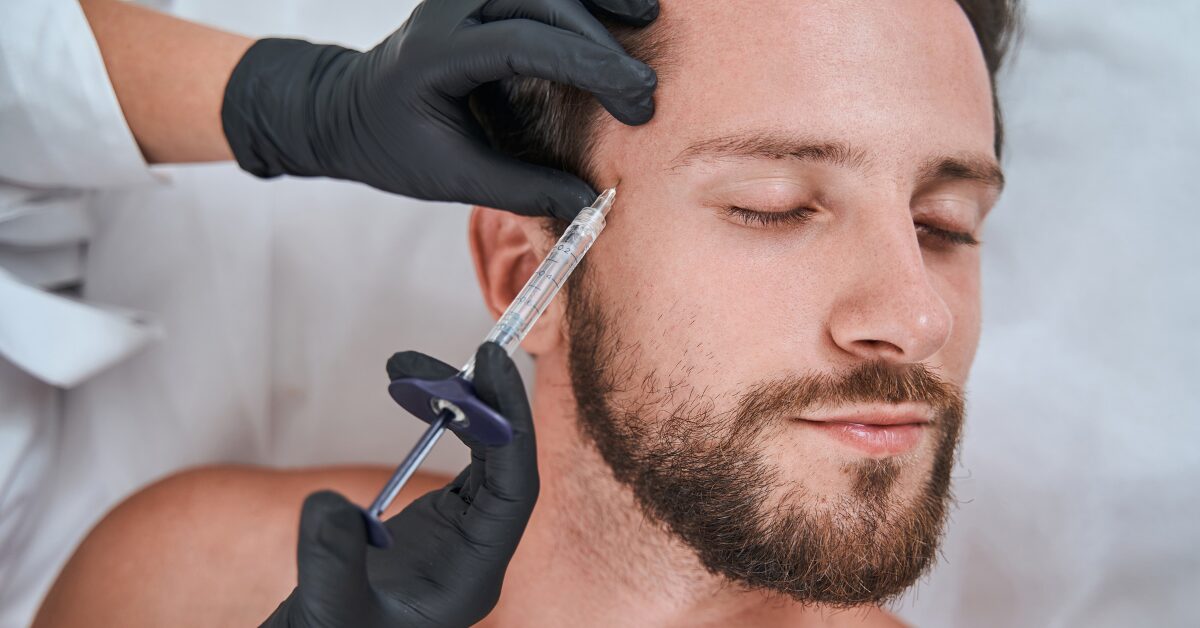Dermal therapies continue to grow in popularity across Australia, with clients seeking advanced skincare treatments to rejuvenate, repair, and enhance their skin. While these treatments deliver excellent results, many dermal therapy procedures involve penetrating or disrupting the skin barrier, which increases the risk of infection if correct safety measures are not followed.
For dermal therapists operating anywhere in Australia — including Queensland, New South Wales, Victoria, Western Australia, South Australia, Tasmania, the ACT, and the Northern Territory — infection control training is a critical requirement for safe, professional, and compliant practice.
Why Infection Control Is Essential in Dermal Therapy
The skin is the body’s primary defence against bacteria, viruses, and other pathogens. Dermal therapies such as microneedling, chemical peels, microdermabrasion, laser treatments, and advanced skin procedures intentionally compromise the skin to achieve cosmetic or therapeutic outcomes.
Without proper infection control practices, these treatments can expose clients to:
-
Bacterial and viral infections
-
Cross-contamination between clients
-
Poor wound healing or inflammation
-
Long-term skin damage or complications
Infection control training ensures dermal therapists understand how to minimise these risks and deliver treatments safely and responsibly.
What Dermal Therapists Learn in Infection Control Training
Accredited infection control training provides dermal therapists with the essential skills and knowledge required to maintain a hygienic clinical environment. Key learning areas include:
-
Infection prevention and control principles
-
Sterilisation and disinfection of tools and equipment
-
Safe use of single-use and disposable items
-
Proper hand hygiene and PPE (personal protective equipment)
-
Prevention of cross-contamination
-
Safe handling of skin-penetration devices and topical products
-
Workplace health and safety compliance
The nationally recognised unit HLTINF005 – Maintain infection prevention for skin penetration treatments is the standard unit required for many dermal therapy, cosmetic tattooing, tattooing, and body piercing services across Australia.
You can view the official unit details here:
👉 https://training.gov.au/training/details/HLTINF005/unitdetails
Protecting Clients Through Safe Dermal Therapy Practices
Dermal therapists have a duty of care to protect their clients’ health and wellbeing. Infection control training teaches practitioners how to maintain a clean, compliant, and professional treatment environment that reduces the risk of infection at every stage of the service.
Trained dermal therapists can also:
-
Identify early signs of infection or adverse skin reactions
-
Educate clients on correct post-treatment care
-
Respond appropriately to complications or concerns
These skills are essential for achieving optimal treatment outcomes and maintaining client trust.
Meeting Australian Industry and Regulatory Requirements
Across Australia, dermal therapists must comply with health and hygiene standards set by local councils, state health departments, and regulatory bodies. Infection control training supports compliance with these requirements and is often mandatory for licensing, insurance, and workplace approvals.
Completing recognised infection control training:
-
Supports legal and regulatory compliance
-
Reduces business and insurance risks
-
Enhances professional credibility
-
Builds confidence with clients and employers
Why Infection Control Training Is Essential for Dermal Therapists Nationwide
Whether you are practising in a major city or a regional area, infection control training is a foundation skill for dermal therapists across Australia. It ensures treatments are delivered safely, ethically, and in line with national standards.
As the dermal therapy and advanced skincare industry continues to grow, clients are increasingly seeking practitioners who prioritise safety, hygiene, and professionalism. Holding recognised infection control training demonstrates your commitment to best practice and client care.
Study Infection Control Training in Australia
If you are looking to complete infection control training for dermal therapies, cosmetic tattooing, tattooing, or other skin penetration services, completing the HLTINF005 unit through an accredited provider is essential.
You can enrol in infection control training here:
👉 Infection Control Training Course
https://aidtobeautytraining.com.au/infectioncontroltraining/
This nationally recognised training is suitable for professionals across all Australian states and territories and supports compliance with industry and council requirements.
Take the Next Step in Your Dermal Therapy Career
Infection control training is more than a compliance requirement — it is an investment in your professional reputation and client safety. By completing recognised infection control training, dermal therapists can confidently deliver high-quality treatments while protecting themselves and their clients.
Whether you are entering the industry or upskilling, infection control training is an essential step toward a safe, successful, and sustainable dermal therapy career in Australia.





